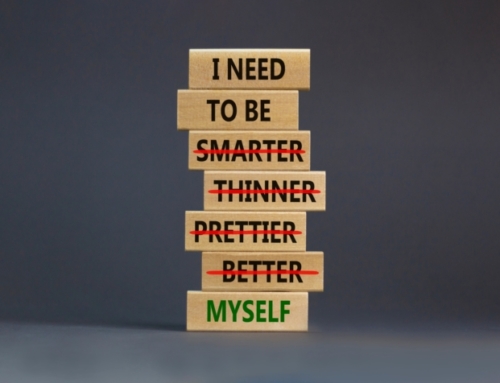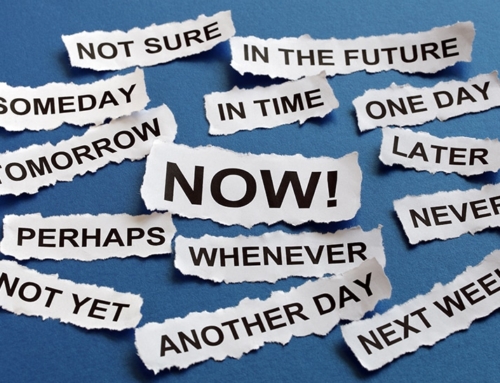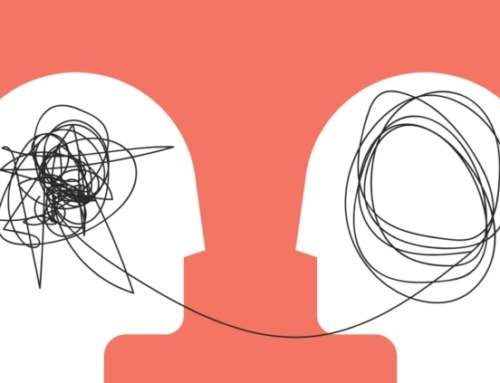Take a step back or ten steps back. Don’t keep adding. Start taking things out of your life.
If you are like me – if you are like most of us – your life is cluttered (in many senses of that word) with too many possessions, activities, commitments, projects, dreams for the future, and even relationships.
Our closets are often cluttered. We put too much junk on our skin and too much junk in our mouths and read and listen to too much junk. One reason our days are stuffed is because they are filled with too much junk.
Sad to say, but some of our relationships are ‘junky’ too. To say this is not to cast aspersions; one can have ungratifying relationships with very fine people. The problem is more often in how the people in a relationship relate and not with the people themselves. Perhaps the relationship is too one-sided; perhaps the foundation of the relationship is absent or has eroded; perhaps there is simply too much distance in the lives of the people involved to make for meaningful engagement. Perhaps it’s time to say good-bye.
Taking away is not a step towards privation. Rather it is a step in the direction of heightened commitment through greater discernment, of seeking only that which gives the greatest meaning, purpose, health, engagement, and goodness.
A thousand Yeses in your life means meager devotion and commitment afforded to each. Commitment is based on having made a pledge to uphold that which is promised. Devotion, from its core as a ‘vow,’ is likewise based on a promise, a solemn one that is not to be broken. Discernment means to sieve away ‘the chaff.’
A thousand Yeses means that on some level everything is equally important – and equally unimportant. It means the hard work of cutting-off, sieving away has not been done.
Taking away can ‘give’ space for adding something more valuable or not adding anything at all. Sometimes the space given is an end in itself, a space to breathe, rest, ponder, pray, create, daydream, or sleep; space to do those few important things more slowly. It can be used to learn to stop looking beyond what one is doing now and onto what is coming up next – always the next.
Taking away is also relevant to medical treatment. Too often as clinicians we chase adverse effects by treating them with the next medication. As a psychiatrist, I know that sometimes what my patient needs most is to be taken off ALL their psych meds, judiciously of course, and given enough time to recover from a range of discontinuation symptoms. Then that person needs time for their brain and mind to recalibrate to its natural state, whatever that state now may be. Sometimes psychotherapy is a negative also. In many psychotherapies, especially when they are done poorly – and they often are – there is too much focus on the self, on one’s every thought and feeling and reaction and response; on one’s pains, regrets, resentments, fears, etc. This has its place but …
Sometimes – often – a patient would instead benefit from being directed outward, in relearning to engage with others, with the natural world, with their natural bodily functions and rhythms and movements. For some, a single session of interval training may be worth 10 sessions of psychotherapy.
I’m not against pharmacotherapy nor psychotherapy, of course. But these technologies, like all else, need their limits. When and how they are deployed needs to be done with discernment. Neither approach is an unalloyed good because nothing ever is. Virtue is found in moderation and the vices on both extremes.
Thanks,
Dr. Jack
Language Brief
“The difference between successful people and really successful people is that really successful people say no to almost everything.” — Warren Buffett
“Pursue some path, however narrow and crooked, in which you can walk with love and reverence.” ― Henry David Thoreau
“Sometimes I wonder what happened to the people who asked me for directions.” ― Kermit the Frog
“If you had started doing anything two weeks ago, by today you would have been two weeks better at it.” ― John Mayer
“Walk free from the long shadows cast by small people.” ― Fennel Hudson







Leave A Comment